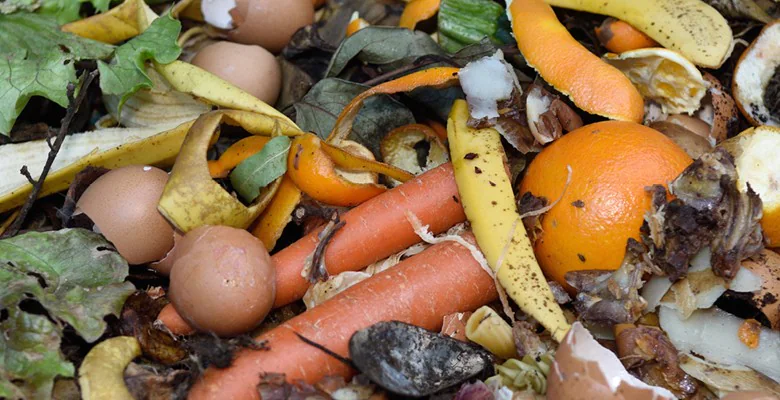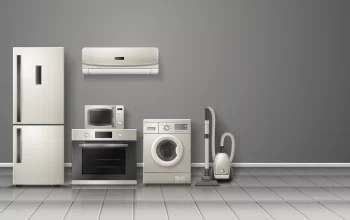Proper kitchen waste management begins with identifying where food is generated, separating recyclable materials, and sending non-recyclable items to the landfill. The best way to track kitchen waste is to keep a log. By doing so, you can avoid throwing out food and ensure that your kitchen waste is properly recycled. To reduce kitchen waste, use measuring utensils and disposable containers when preparing meals. These products can be composted or sent to landfills.
In addition to reducing kitchen waste, kitchen designers can also encourage responsible waste management. By providing easy access to recycling bins, designers can encourage waste reduction behavior. Waste reduction and recycling are also motivated by the convenience of recycling in the kitchen. During the preparation of a typical meal, households produce a large amount of household waste, including food scraps, packaging, metal, glass, and plastic. The disposal of these items is a significant environmental burden, but it can be minimized. By identifying and implementing a waste management system, kitchen designers can reduce the environmental impact of kitchens in North America.
Composting is a convenient way to eliminate food waste. Vegetable waste can be composted in a garden or turned into fertilizer. Composting is the easiest and cheapest method for kitchen waste management. By composting, food waste can be recycled, used to create a rich, organic soil that can grow again. A compost heap is a great way to eliminate kitchen waste. There are a variety of methods for composting, depending on the type of organic material you use.
Anaerobic bacteria thrive in the nutrient-rich environment created by kitchen waste. Methanogens decompose waste by releasing methane, a greenhouse gas. Other bacteria are attracted to these bacteria, and these organisms compete for resources, creating an environment conducive to anaerobic biodegradation. It’s not surprising that kitchen waste management has become so important in the world of food.
Whether you’re looking to buy a separate trash container, or use a built-in trash bin, kitchen waste management is now easier than ever. Many garbage cans have a modular design, which makes them easy to install and use. You can even choose the color of your garbage cans. And don’t forget to choose one that is built in your kitchen’s design. Whether it’s a white or black bin, they’ll make the kitchen look beautiful and efficient.
In addition to identifying the source of waste, restaurant owners must monitor and manage the quantity of food they discard every day. The majority of waste is created in the kitchen. In order to properly manage this waste, restaurateurs must keep an inventory record of ingredients they’ve used and discarded. By keeping this inventory on hand, they can better determine which items are at risk of expiry or are thrown away. They can also adjust their purchases accordingly.
Using kitchen waste composting is an easy way to combat the problems that often plague household waste disposal. It not only reduces landfill space, but also helps reduce the costs of gardening and fertilizers. Ultimately, composting helps you become more environmentally conscious, more patient, and more detail-oriented. And of course, you’ll be helping the environment by lowering your carbon footprint. If you’re in the market for a kitchen waste compost bin, start your search today.




